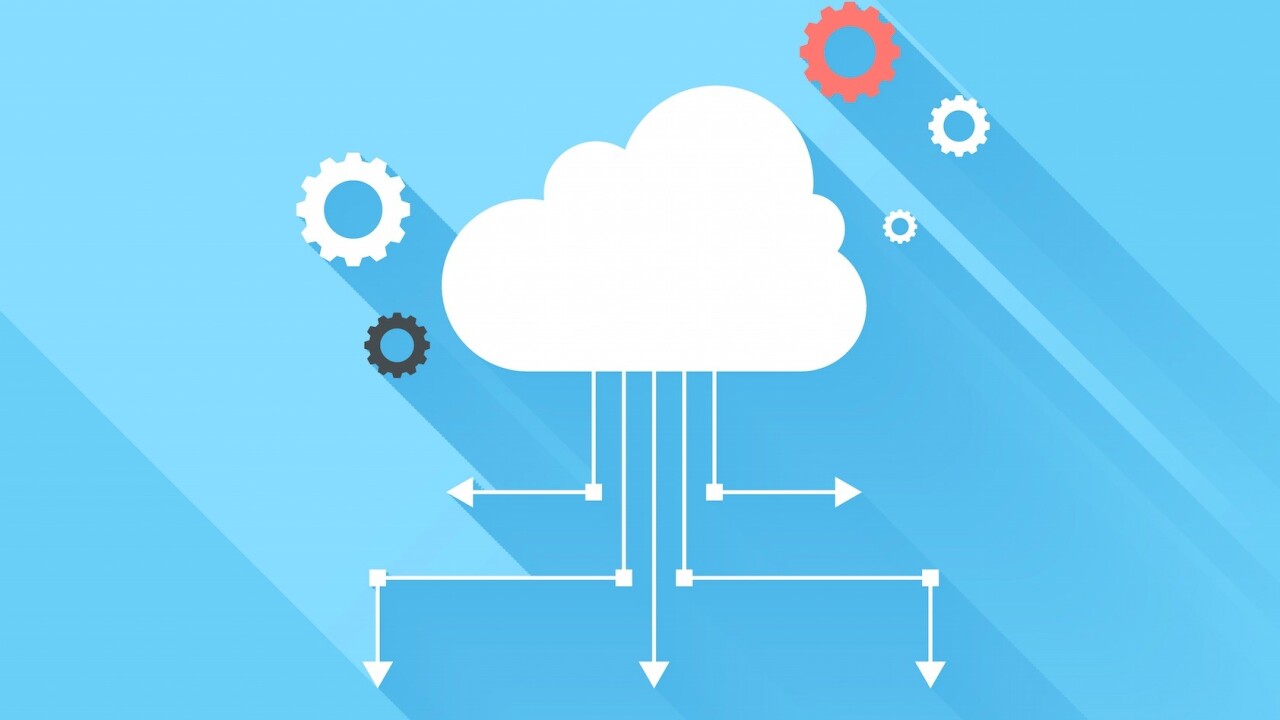
YugaByte, the open-source distributed database provider, today officially announced the availability of YugaByte DB 2.0.
YugaByte is both an SQL and NoSQL database, meaning it offers all the benefits of legacy SQL while also offering capabilities to work with large sets of distributed data.
The 2.0 version brings support for PostgreSQL syntax, Oracle-to-YugaByte migration, Jepsen testing for correctness, and integrations with GraphQL, Rook and a variety of database administration tools.
“Distributed SQL is the modern answer for any organization looking to adopt cloud-native technologies throughout their entire IT stack, including data infrastructure,” said YugaByte’s co-founder and CEO Kannan Muthukkaruppan. “With YugaByte DB 2.0, developers can confidently transition away from monolithic databases without giving up the ease-of-development and transactional capabilities of SQL.”
The need for scaling up
Founded in 2016, the Sunnyvale, California-based startup fully open-sourced its database earlier this July under the Apache 2.0 license, thus allowing any developer to use, download, modify, or distribute the code as they see fit.
Muthukkaruppan, alongside fellow co-founders Karthik Ranganathan and Mikhail Bautin, were the brains behind the NoSQL platform that helped scale up Facebook Messenger to accommodate the ever-growing volume of messages.
But it’s not just about scalability, as businesses have had to resort to a mix of old and new database technologies to meet their needs — using legacy databases like Oracle and PostgreSQL to store data, but use distributed databases like Cassandra and MongoDB for sharding and failover.
YugaByte DB, which offers APIs for PostgreSQL and Apache Cassandra, aims to offer the best of the two worlds, thus helping businesses accelerate their transition to cloud.
The development follows the trend of businesses increasingly moving away from traditional databases like Oracle in favor of cloud native alternatives that can be leveraged to deploy their applications on a huge scale, spanning multiple geographies without compromising on security and privacy.
“In 2016, businesses were just starting to think about factoring cloud into their architecture,” YugaByte’s co-founder and CTO Karthik Ranganathan told TNW. “But in 2018, applications were being developed with cloud in mind. In 2019, multi-cloud strategy has gained more prominence.”
Moving to any cloud
YugaByte — which has an ambitious goal to become the “Oracle for the cloud” — also offers an added advantage in that its database software frees developers from getting tied to a cloud platform provider such as Amazon (AWS), Google (Google Cloud), or Microsoft (Azure), all three of which have emerged as popular choices for cloud computing.
While developers can always switch cloud providers, they need to maintain multiple databases across these systems so that they are interoperable. As more businesses move to the cloud, portability is crucial and data needs to move between and among different software architectures paramount.
“Cloud is now the new hardware,” argues Ranganathan. “But designing a cloud neutral solution is extremely important as developers migrate from one application environment to the other.”
But moving to the cloud comes with its own set of security and privacy implications, increasing the need for encrypting all network communications between database servers.
“The advent of GDPR in the EU has forced a different way of thinking when it comes to securing data within geographical boundaries,” says Ranganathan. “Sharding [i.e. horizontally partitioning database records based on a user’s location] plays a huge role in meeting those requirements.”
As applications steadily encompass features like real-time analytics and machine learning to glean insights from data for fraud detection and recommendation engines, the need for a scalable infrastructure that’s distributed, portable across cloud, and resilient to failure cannot be underscored enough.
Get the TNW newsletter
Get the most important tech news in your inbox each week.





